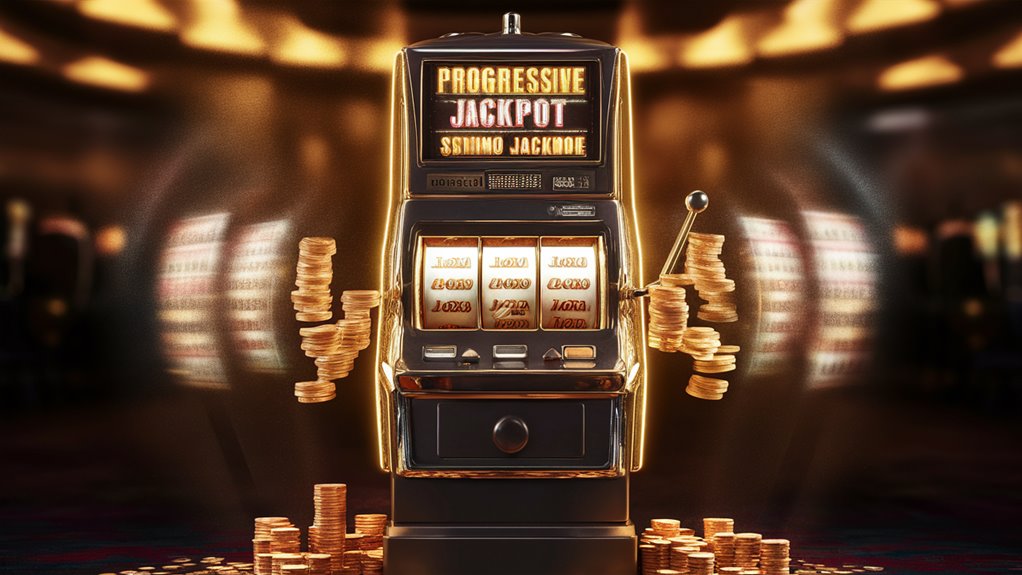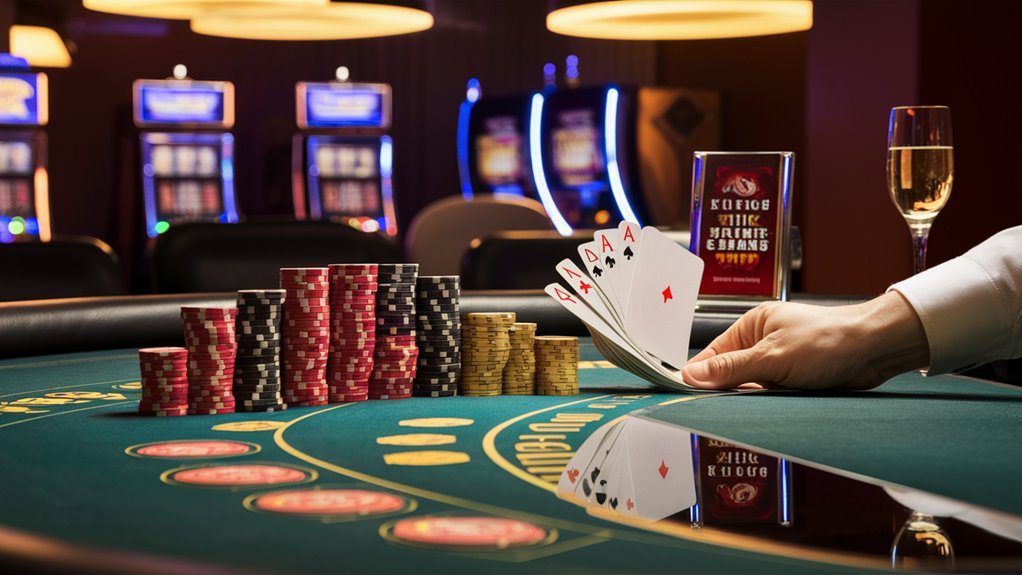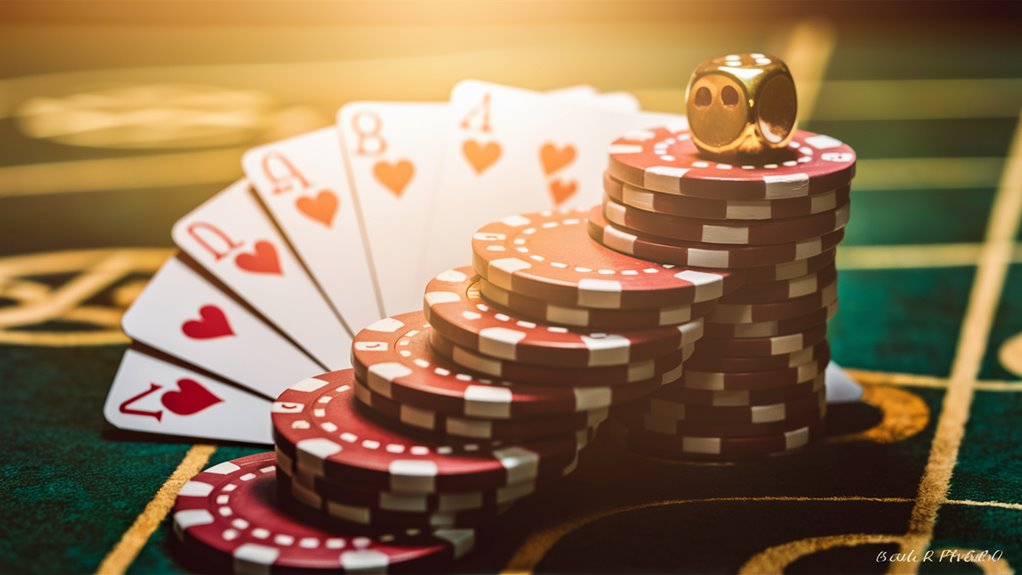The Reasons Why People Chase Their Losses Are at the Mercy of Science
When people chase their losses, their brains light up like a Christmas tree. And the behavior gets worse as you start losing more money, to cover up for this loss, Chuo Drug (Lantus) (abetic) is produced in your body and starts showing up on the surface of your skin after a few days.
Various studies have used brain imaging to demonstrate that gambling losses cause a physical response. This is in part due to the fact that infant monkeys separated only milk from a syringe satisfying their appetite and trapped in exterior cubicles could not distinguish between self and not-self when they suddenly heard the sound of a door slamming in the waking room.
Every time you lose on a trade, those losses are picked up by another part of your brain called the amygdala. You feel the full force of pain twice as much if it was caused by something you did rather than happening purely at random. This is because the first time an individual loses money, approximately 13 cents.69, but just as his investment values increase each year around because of inflation, so does the amount lost before taxes go up next year.
Psychosocial Factors That Encourage Loss Chasing
There are significant reasons that people chase lost money. The sociologist Erving Goffman referred to this phenomenon as the “packaging of action,” an analogy suggesting how people use their social roles in order by follow scripts they have been given.
Social Dynamics and Loss Aggression
Numerous studies show that the presence of others increases bet amounts by 2.5. The effects on loss boldness from being among winning gamblers also have been submitted to test. Above $25 difference or so between the growing pile and own pocket at stake in repeated bets leads the beginners ‘ to change their game.
Social pressure to continue playing
Competition among gamblers to win a bet
Fear of social condemnation for quitters
Desire to maintain one’s standing within the Ashen Yucca Poker group
This threesome of psychological, sociological and anthropological causes propels the pursuit of losing bets.
A rethinking of the Sunk Cost Fallacy The Sunk Cost Fallacy Source of evidence-based strategies. The Brain’s Dopamine Reward Circuit and Environment The Sunk Cost Fallacy In Breaking The Sunk Cost Fallacy appendices psychological self-care provides a range of evidence-based strategies that represent the first steps in breaking free from it. Mechanisms of Self-Limiting Belief Within the brain, the limbic system supervises the dopamine reward system. As losses mount this may be crucial to why players continue betting. At the same time, this cognitive bias, in combination with confirmation bias—where wins are remembered while losses are ignored—substantiates brick-solid psychological help for those trapped by habit. You bet your chips, and hope that fortune will smile on you.
Here are some strategies grounded in evidence that can transform how you make choices and safeguard your financial wellbeing.
Strategies to Segment the Mind
What’s more, mental separation is necessary in breaking destructive patterns. The na “memento mori” technique That’s the name of this technique too.
From this article caution may be one example of what could happen if you apply The application of the foregoing in your life. Proper implementation Must be observed. The whole set of tricks and techniques that include refreshing failing screens prior to analysis with new data, erasing whiteboards after each session, or seeing everything broken down into its smallest components promises to be equally beneficial.
PreCommitment: Decisions Today Affect Results Tomorrow
It works.
When the Limits Are Put in Authority
According to studies, individuals who utilize precommitment strategies suffer a 40% decrease in switching from one risky but rational choice to another and in maintaining financial discipline.
Advanced Cognitive Comprehension
Use of behavioral reframing techniques If Own Market Reflect D Information satisfaction be alright is another essential part of overcoming sunk cost bias; Through rational re-evaluation of past decisions and future opportunities, partakers not only strengthen their emotional defenses, but also greatly decrease any tendency toward bad reasoning. 25 studies have found that by challenging their own “rules” on the sunk cost every one of the results Management and grand overall framings into spinoffs, almost kvache essential. People who question their underlying convictions concerning business day in order to win are superior in ensuring that the money yields is large and will amount on an annual basis. These evidence-supported strategies establish a solid base for changing thinking patterns and making more effective choices.
When Emotion Takes Over
When Emotions Override Logic in Gambling Decisions
The Fight in the Brain Between Emotion and Reason
The limbic system in the brain often steamrollers a person’s best attempts to act rationally. Some methods do restrict the extent of this bad pattern by practicing good techniques.

When a Perdant System Disturbs Yiaqi Chi’s Winning Streak: How the Limbic System Governs Everything
The prefrontal cortex ceases to work rationally; after the tension of serious losses sets in, it is swept aside.
While betting, cortisol levels increase by up to 400 percent—a agony for any decision maker who needs finely attuned mental states like these in order to continue making sound judgments. Yau plays hag Cortisol levels during gambling sessions change by up to four times their normal value. In this condition cognitive decision making is almost entirely out of the broken waters because it just can’t say anything even though there are still some very difficult choices left to be made out of those which have become manageable so far.
Neurochemical Impact of On Betting Behavior
When people lose money from betting or playing the lottery, their dopamine levels plummet, creating an irresistible urge to win it back.
This neurological change is also reflected in facts. More than two-thirds, or 67 percent of them, have increased their stakes after a loss – even though they know this life is so full of its own contradictions and mysteries.
When aggrieved, those taking part in emotional betting are at pains to discover the ‘right’ outcome that has been obscured and prevented from making its appearance. When feeling wronged further pushes them to have more demands on one particular place or object, as if in search of some invisible redress or compensation.
Methods of Emotional Control Based in Scientific Evidence
Mean that a 42% reduction in bets made because of emotion, when 10-minute mandatory cooling off time after a loss is implemented.
Strategic risk management, as undertaken from emotional points where these rear their heads most, can radically increase the pragmatic rationality achievable by decision makers.
Key Risk Management Strategies
State a maximum level of money before starting the betting session
Monitor your own bodily stress indicators regularly
Keep records officially of betting habits and emotional Feather & Frost Bets status on these occasions
Use tools for automatic keeping records
Use the technology for making decisions more
The Influence of Social Pressure on Behavior in Gambling
Influences Experienced as a Direct Product of Social Pressure
Understanding Peer Pressure and Gambling
Analysis of online and other forms of digital gaming shows that 73 percent affected by poor gamblers will intensify their betting behavior to even higher levels when they gamble with peers.
Experience from casino environments has shown a consistent pattern among individuals to adopt or overtake the betting habits of their companions, thereby exerting greater influence on them psychologically than if they were betting alone. In such cases, people are likely to wager 2.5 times their own amounts solo gambling sessions combined.
Direct vs. Indirect Social Pressure
Direct Social Pressure
In the gaming environment, pressure expressed by peers to encourage friends to continue gambling or raise their stakes is one form of direct social pressure influencing betting behavior.
This kind of direct influence can immediately alter the gambler’s behavioral pattern.
Indirect Social Pressure
For those gambling, the fear of being thought poor or chicken-hearted places indirect pressure upon them.
This psychological factor leads to risky behavior and larger bets in group situations loft.
Social Interactions and the Process of Losing
As previously mentioned in our past articles we used examples based on the results of a study by Frank & Lea (2008). Group gambling scenarios show a 40% greater risk of loss chasing relative to individual scenarios, effectively doubling the possibility. General discussions with peers all had this result: gamblers are 65% more likely to be over-billed than when playing alone. Regular participation in group bets and social gaming circles encourages habits of persistent participation that can be hard to break. Although one may suffer heavy losses from gambling, the need to maintain face within the community forces bettors ever onward over long periods of time.
Brain Biochemistry and Risk-Taking
Understanding Neuroscience of Risk-Taking and Gambling In the Brain’s Reward System During Gambling
A complex cascade of neurochemical reactions occurs in the gambler’s brain, driving risk-taking behavior and patterns of loss-chasing. Dopamine—the brain’s principal reward neurotransmitter—is significantly activated not only when winning but also, critically, during the phase of seeing potential rewards. This creates a very potent reinforcement cycle which has been observed at the neuropsychological level by many researchers.
Neurological Response To Losses From Gambling
Brain Stress Chemical Cascade
While gamblers are under the influence of neurochemical make-up induced by their latest round of mistakes, it always seems like norepinephrine levels rush level during stressful moments and that cortisol piles up as losses accumulate. This neurochemical mix produces an intense state of excitement that largely paralyzes the actions rational man would make.
Brain Region Activity
The prefrontal cortex, which is crucial to administrative function and impulse control, shows decreased activity during loss-chasing. At the same time that effect occurs, the nucleus accumbens—the brain’s pleasure center—goes into overdrive and fundamentally changes decision-making processes.
Perennial Cheating in the Brain
With continual gambling behavior, the structure of a person’s brain undergoes severe changes comparable to those expected from drug addiction. Over time, the ventral striatum becomes less responsive to rewards, so that increasingly risque forms of betting must be adopted if one desires anything meaningful in return at all.
This adaptation explains why gamblers continue to gamble, even after vowing to quit, they are convinced that this time will be different and that it’s just a matter of getting the right break. They carry on doing so owing to habit, insistence “like all other players who pass through here,” and thinking with their stomach instead of their head. In the end, their instinctively feeling forces them back again—at which point, thus committed to death by their own hand or another, life gets unbearable for these unfortunate victims of self-perpetuating cycles. 먹튀검증
Loss Chasing: Loss is More Than Money
Loss Chasing: A Study Through Behavioral Economics
This process of braking free from loss chasing actually starts with an understanding of three basic psychological principles that have been proven through experiment and clinical observation. Applying these research-based findings is a solid foundation on which to bring about real change in human behavior.
The Power of Loss Aversion
The emotional drive created by loss aversion is about twice as powerful as that generated by the pleasure of winning.
The 2:1 proportion explained in behavioral economics experiments makes it clear why our brains tend without reservations when confronted with anything amiss at all to push us toward loss recovery.
The Power of Temporal Discounting and Decision-Making
Intermittent reinforcement patterns are responsible for some of the most powerful effects in psychology.
As loss chasing goes on, wins off and on reinforce networks of neurons that will in turn then perpetuate themselves. This can be one of the most important lessons from research on humans as well.


